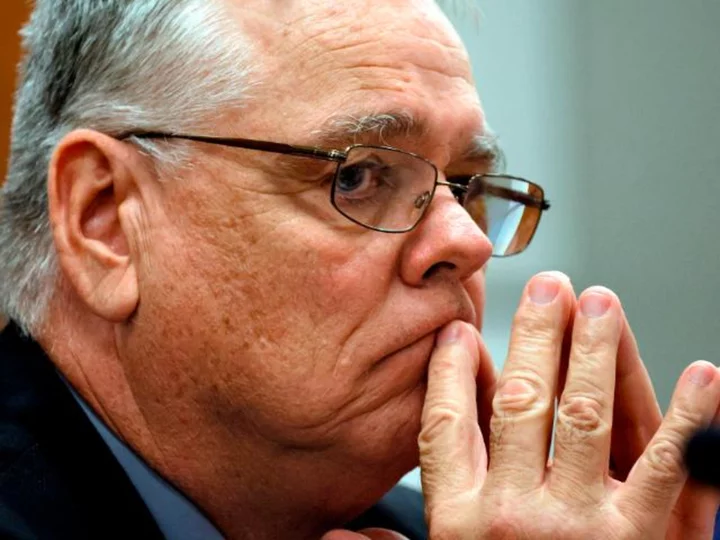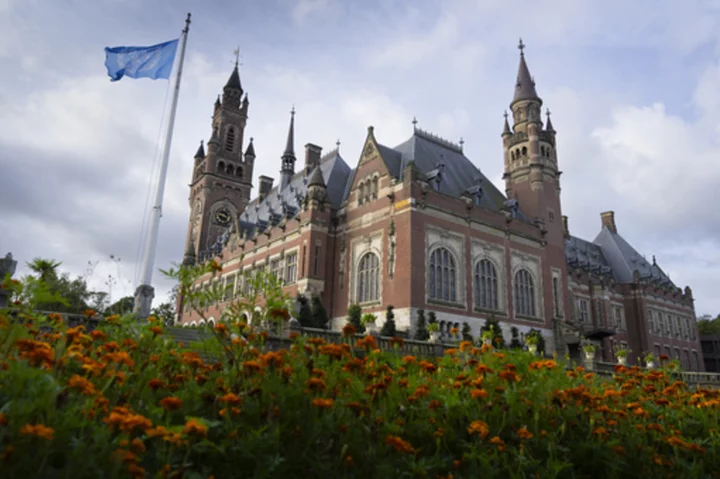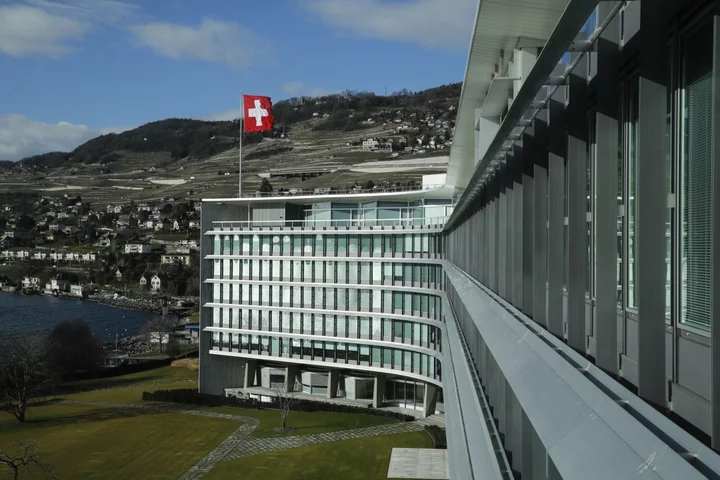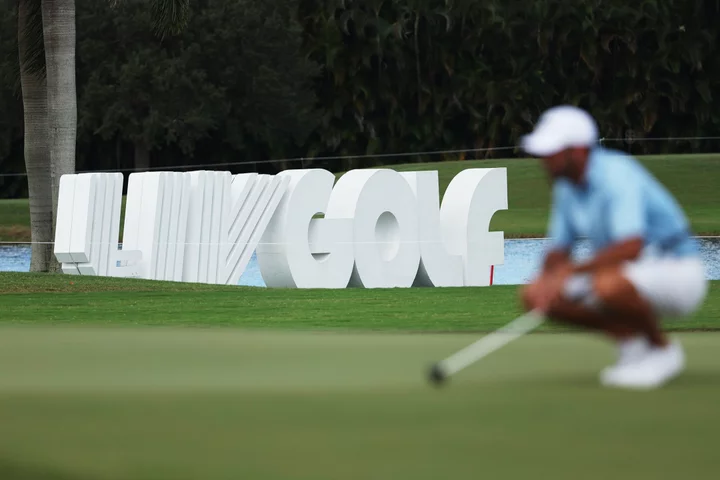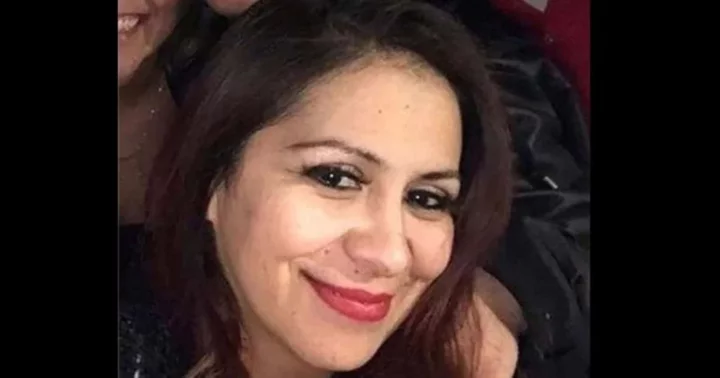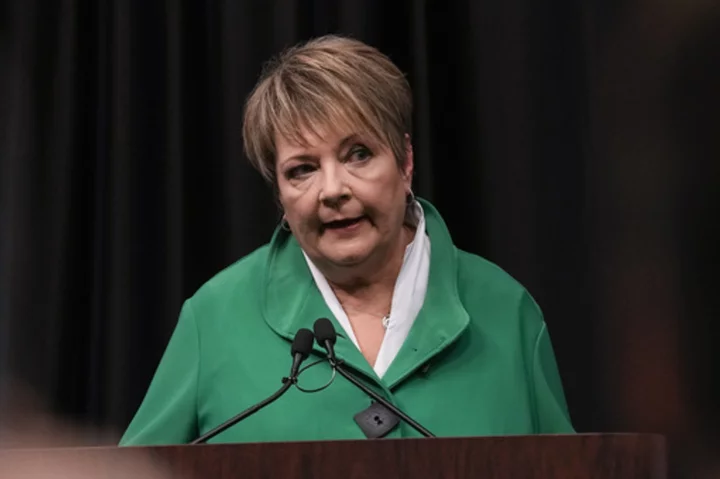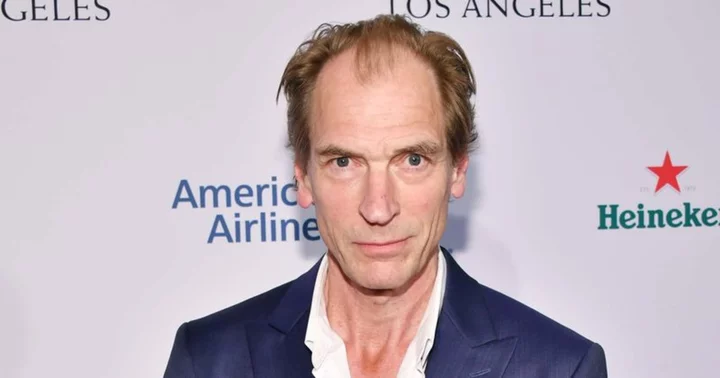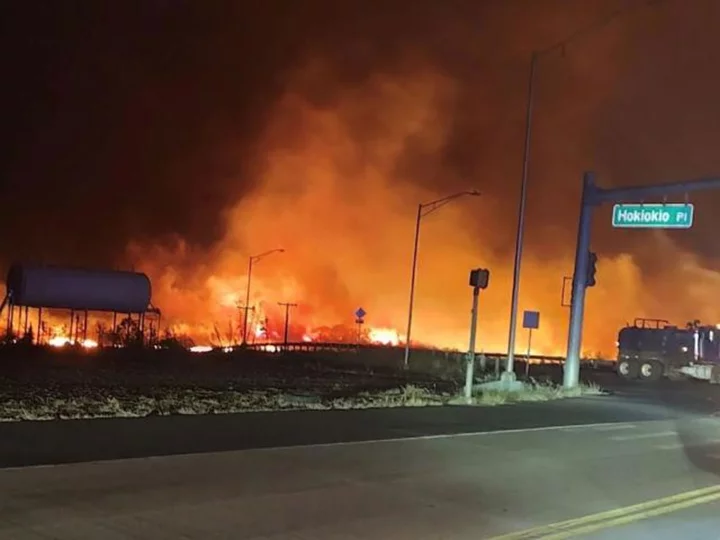The jury in the trial of the former school resource officer who remained outside a Parkland, Florida, high school as a gunman killed 17 people in 2018 will not visit the crime scene, a judge ruled Thursday, according to CNN affiliate WPLG.
Scot Peterson is accused of failing to follow his training by remaining behind a covered position for at least 45 minutes while a shooter roamed the halls of a Marjory Stoneman Douglas High School building, killing 14 children and three staff members and leaving 17 others injured, prosecutors have said.
Peterson, 60, pleaded not guilty to 11 charges, including seven counts of felony child neglect, three counts of culpable negligence and one count of perjury in connection with the shooting and statements he made afterward.
Jury selection began in the case Wednesday.
Peterson's legal team wanted the jury to be able to visit the exterior of the school. Prosecutors agreed with the exterior site visit, but also argued the jury should see the inside of the 1200 building, where the shooting happened, court records show.
Ultimately, the judge decided against both the defense and the state, ruling that the jury would not go to the shooting site, WPLG reported.
"While we are disappointed that jurors won't be able to visit the school to see the area around the 1200 building, we are extremely grateful that the judge didn't permit the State to walk them through the inside of the building as that would have no relevance to the issues in dispute and only serve to traumatize jurors by exposing them to the dried blood of injured and dead children," Peterson's attorney said in a statement obtained by WPLG.
The trial of a member of law enforcement over his actions during a school shooting is rare, even as the tragedies continue to happen at an alarming rate across the US. The police response to campus shootings is often scrutinized and evaluated, including the overwhelming anger aimed at police following last year's shooting at an elementary school in Uvalde, Texas, and the praise of quick action taken by officers during a shooting at a Nashville school earlier this year.
In the wake of the Parkland shooting, Peterson was heavily criticized after authorities revealed he had been armed but stayed outside. Then-President Donald Trump weighed in, saying, "When it came time to get in there and do something, he didn't have the courage or something happened, but he certainly did a poor job. There's no question about that."
Peterson retired from the Broward Sheriff's Office as scrutiny over his conduct grew.
Peterson has claimed, in part, that he didn't enter the 1200 building because he didn't know where the gunfire was coming from -- which other officers have testified he told them as they arrived -- and could not have found and engaged the shooter in time to protect the victims. Peterson's attorneys contend he was not properly equipped to confront a shooter with an AR-15. "There was no duty on the part of Peterson to protect the victims," they wrote.
However, prosecutors argue that if Peterson had spoken to fleeing students about the suspect's description or entered the building, he would have seen the dead bodies and could have helped determine the shooter's whereabouts.
"The defendant could have called for rescue, heard the shots on the second and third floors, and broadcasted the shooter's location, all without engaging the shooter in a gunfight," said prosecutors in a court filing.
The Parkland shooter, Nikolas Cruz, pleaded guilty to 17 counts of murder and 17 counts of attempted murder. He was sentenced to life in prison without parole last year after a jury declined to unanimously recommend the death penalty.

